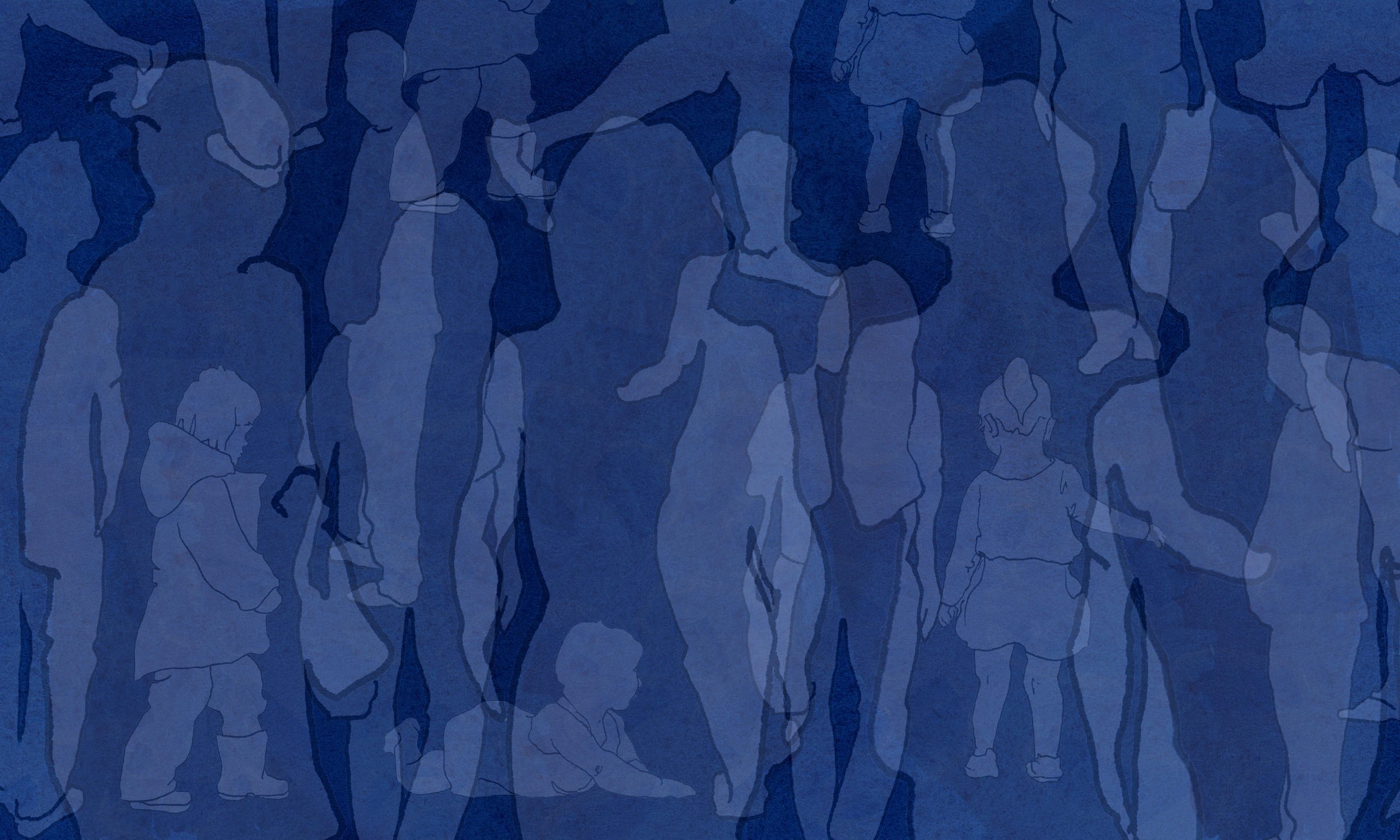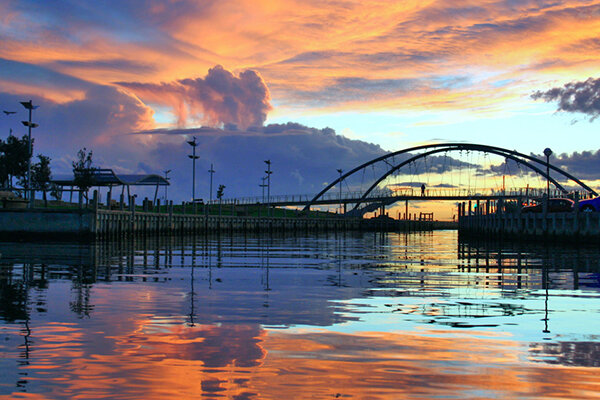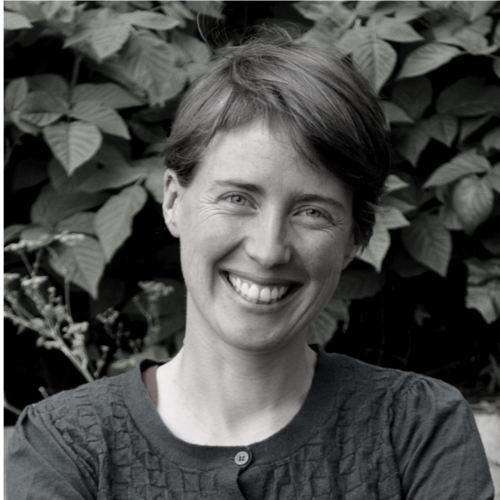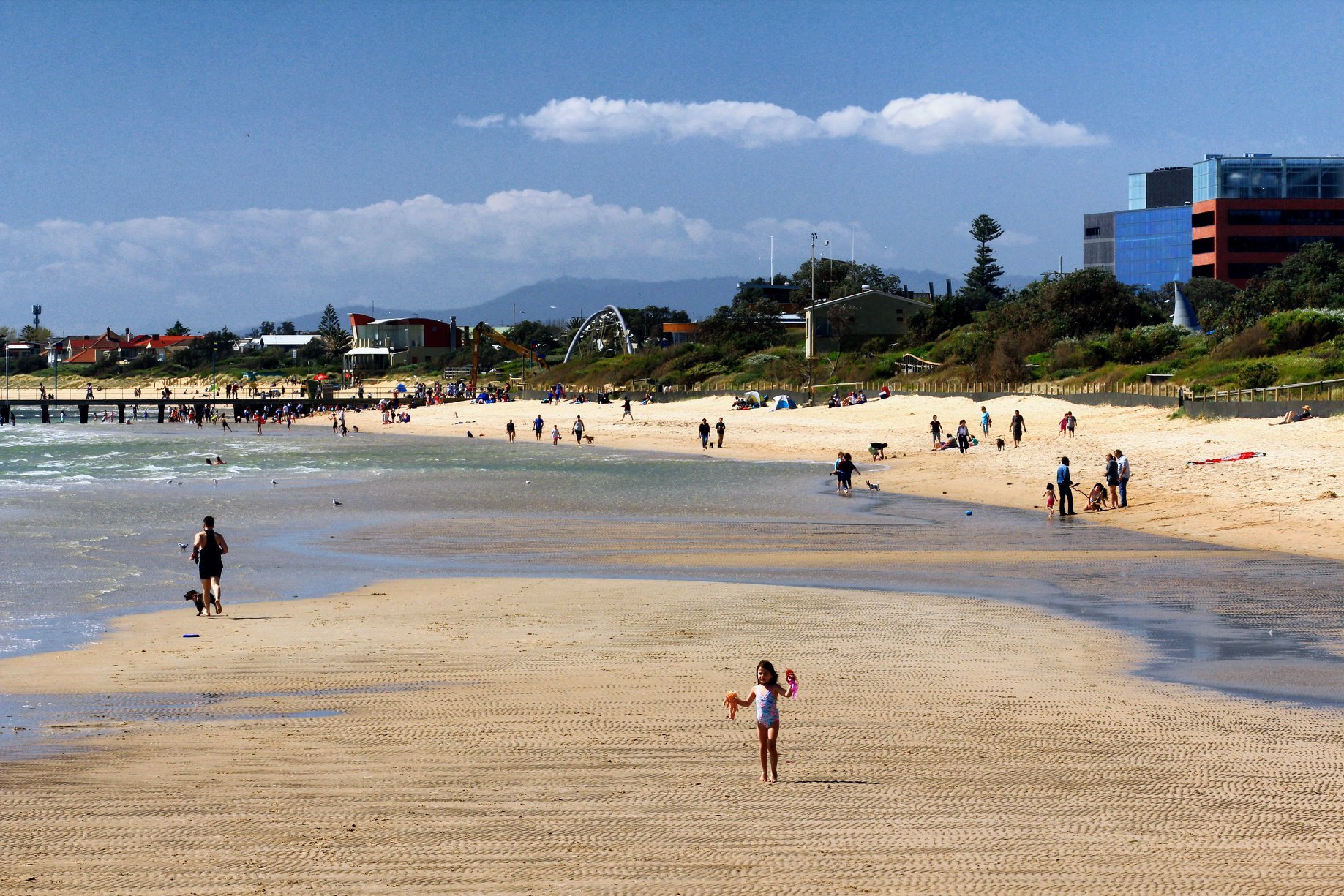Talking public good in Frankston
Image from Frankston City Council social media
This story is part of an ongoing series of conversations with people around the country about the public good. Over the coming months we’ll be sharing snippets of our conversations and the voices and insights of people we’re talking with.
If you’d like to share your thoughts, details for getting in touch are at the end of the blog.
I’ve just got off Zoom. And I’m smiling.
It’s nearly 9pm and I’ve been at the computer since 7.30am. And yet here I am feeling energised and excited after a zoom meeting?
I’ve just had the privilege of talking with five incredible women from Frankston, Victoria about their lives and communities: about who they are and what they and their communities need, how we might meet those needs better as a society. Of course, I also wanted to know how they’re coping under Victoria’s intense lockdown right now.
This is part of our work in reimagining the public good in Australia — what it is, how we nurture and protect it, who should provide it.
Image from: www.visitmorningtonpeninsula.org
The conversation was kind, full of humour and although most of these women don’t know each other there seemed to be agreement on the fundamentals of what we talk about. Each of them has their own story. Some of them run their own small businesses and are thankful for JobKeeper keeping them afloat; others are working harder than ever as essential service providers. All of them have care responsibilities: for young children, teenagers, grandchildren or chronically ill partners.
To be honest, the instant someone said that “chocolate” was one of the things that was getting them through lockdown, I thought the conversation would go well. And actually, of course, it wasn’t just about chocolate. While we laughed about it, it turns out that chocolate was used as a way to give shape and ritual to a week that felt like it was just stuck on one solid loop of coping.
Other people found support in online social catch ups and recognised the importance of having access to digital technology. Others talked about the relief in being able to access telehealth and the relief at being bulk billed for mental health care.
One woman blew my mind when she said her sewing classes were continuing over zoom (I don’t know how I’d juggle the tech and the machine and the fabric and the pattern and…).
I asked the group what they think should be provided to their communities. I heard many of the things I often hear about the importance of safe and appropriate housing, appropriate healthcare that is courageous and holistic so that a wider range of health services are subsidised under Medicare. We talked about childcare and the importance of making it accessible to everyone, and how this was not just important for parents but would relieve some of the burden on grandparents and enable our elderly to have more free time for non-dutiful joy.
And we talked about death. The need for everyone to have a will and a funeral plan. For the bureaucracy after death to be kinder and simpler and not add to the grief and trauma.
I heard about recycling infrastructure. I heard about how the arts should be accessible to everyone regardless of how much money people have, or whether they are “the right sort”.
And we talked about death. The need for everyone to have a will and a funeral plan. For the bureaucracy after death to be kinder and simpler and not add to the grief and trauma.
It was clear that people thought humans and their individual needs must be centred in all of the services with a recognition that different people need different types of housing, different types of healthcare and different types of financial support. As one woman reflected, “Bureaucracy loses the person… When I first got family assistance, they sat you down and go ‘what do you need’, you know, go through it all. This current process is ‘apply for it, nah you can’t have it. Apply for something different and we’ll tell you that you can’t have it.’”
When I asked who should be responsible for providing the public goods we were talking about, the answers were both simple and complex. Simply, the government should better fund support while simultaneously getting out of the way of people trying to do good:
“I am a big believer in allowing people to use their own common sense and move forward in ways that suit them — but that incentives and the support should be there from the government.”
“Individuals are out there trying to do awesome things and the bureaucracy is just tripping them up constantly.”
And to fund this? Well, the response was mixed. Some saw a role for business to take the lead, led by consumer demand, while others thought the government should “tax the crap out of us” in order to fund better services for everyone. I suspect everyone thought a mix of both was probably best.
Image taken from Frankston City Council social media
Ultimately the conversation ended with a brief acknowledgement that it was not just what business or government, or individuals did or didn’t do, but how they do it and the values that drive and shape actions. We talked about a local example of the development application for an eco-village being rejected by the council but it seemed likely other housing would be allowed. As one woman commented, “Housing should be where people live, not someone’s property portfolio.”
I wish we’d had time to really talk more about the different roles of government. We could have talked about the role of government in giving us the freedom to live lives that support people and planet, while protecting us from activities that do the opposite. I hope to follow this conversation further with others.
But I was deeply heartened by the camaraderie, the joy, the intelligence and the heart of the women of Frankston. At the end of a long day, in the middle of tight lock down, their generosity, insights and ideas made me smile.
We’d love to hear about what is important to you and your community. Send us an email or comment below.
What should be provided to your community in terms of goods and services, laws and protections, or capacity to enable participation?
Who should provide these things and how?
DR MILLIE ROONEY
Millie is the National Coordinator for Australia reMADE. Millie has a qualitative research background and has spoken in-depth with hundreds of Australian's about their lives, communities and dreams. She has worked in and around universities for over a decade building student capacity and enthusiasm for tackling wicked problems. Millie is also a carer for her family and community and is passionate about acknowledging this work as a valid, valuable and legitimate use of her time.
Other blogs by Millie: From trepidation to transformation: democracy, indi- style
Making space for utopia: the power of knowing and saying what you’re for
Listening in: using the election results to create a better Australia






